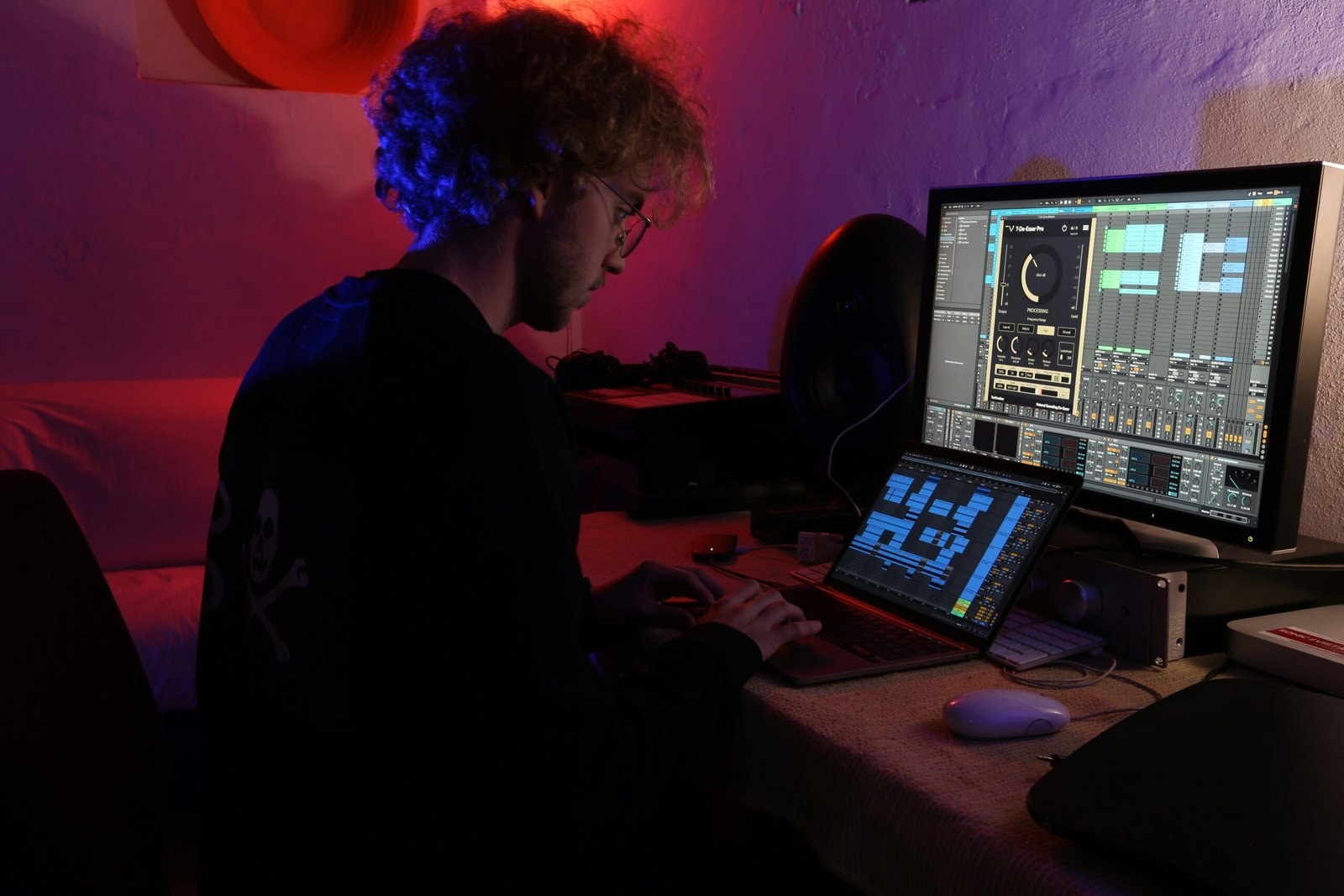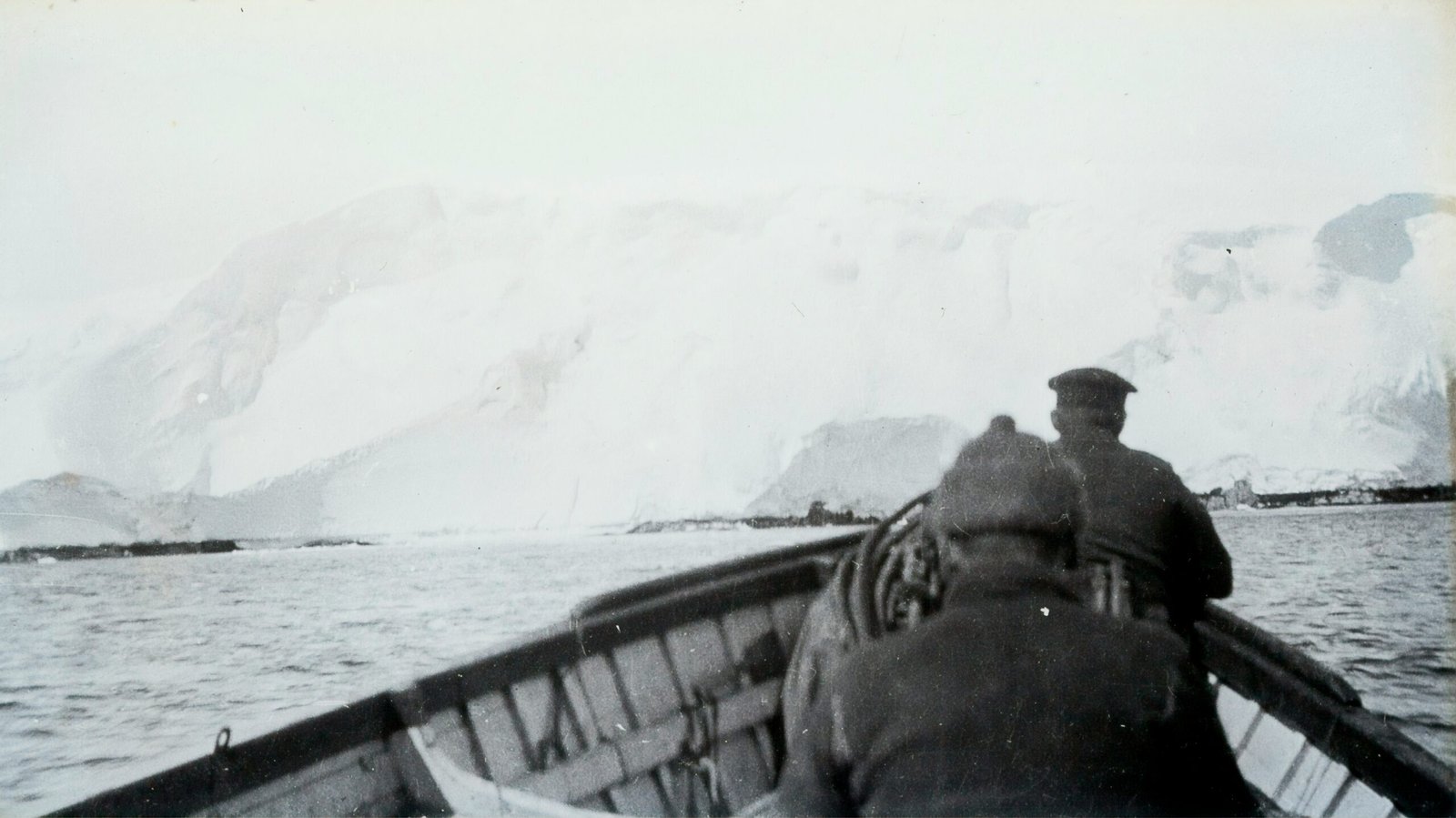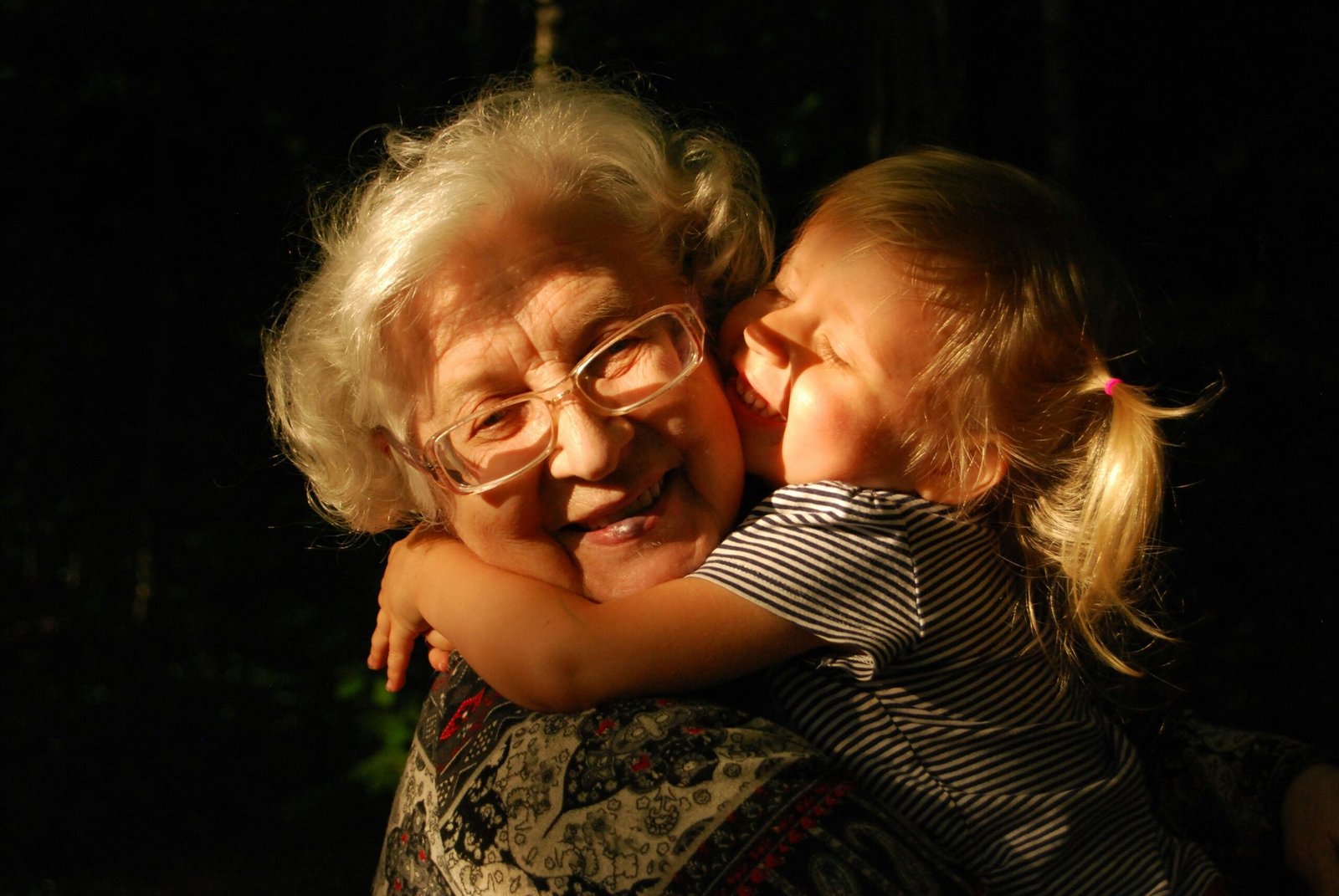The Journey of Forgiveness and Healing
Forgiveness is a profound emotional process that can lead to significant healing and personal growth. In this narrative, we delve into the journey of David, a man grappling with the heavy burden of resentment towards his estranged father. Throughout his life, David’s feelings of anger and abandonment have cast a shadow over his well-being, hindering his ability to forge new relationships and to find peace within himself.
David’s estrangement from his father has been a source of deep emotional turmoil. Growing up, he often felt a sense of loss and betrayal, stemming from his father’s absence and the unresolved conflict that forged a divide between them. This unresolved tension manifested in various aspects of David’s life, affecting his mental health, relationships, and overall outlook. It was clear that in order to move forward, David needed to confront these feelings head-on and explore the concept of forgiveness.
Enter Fatima, a skilled life coach with a deep understanding of the therapeutic dynamics of forgiveness. Recognizing David’s struggles, she offered her guidance and support, helping him navigate the complexities of his emotions. Fatima’s approach emphasizes the importance of introspection, allowing individuals like David to examine their feelings and recognize the liberating aspect of forgiveness. Rather than condoning past actions, Fatima encourages her clients to release their emotional burdens and reclaim their lives. Through their sessions, David begins to understand that sacrificing his emotional peace for resentment only prolongs his suffering.
This initial partnership between David and Fatima sets the stage for a transformative journey. As David embarks on the path of forgiveness, he begins to explore the profound changes it can bring to his emotional landscape—changes that hold the potential to heal wounds he once believed were irreversible.
David’s Background
David’s journey towards forgiveness is deeply rooted in his early experiences growing up in South Africa. Born into a family where expectations weighed heavily, his relationship with his father was fraught with tension. His father, a stern figure, often emphasized discipline and achievement, leaving little room for emotional warmth or connection. This environment fostered a sense of resentment in David, who struggled to meet his father’s expectations and felt inadequate in his eyes.
One formative event that intensified David’s feelings of animosity occurred during his teenage years. After a particularly challenging school year, he sought comfort from his father, hoping for guidance and support. Instead, he faced harsh criticism, which led to David feeling isolated and unworthy. This moment became a catalyst for his ongoing struggle with resentment, as he began to internalize the belief that love was contingent upon success.
As David transitioned into adulthood, the effects of this strained relationship began to permeate other aspects of his life. He found it difficult to form trusting relationships, often projecting his anger onto friends and partners. The absence of forgiveness not only hindered his emotional growth but also clouded his perception of self-worth. The conflict with his father, a recurring theme throughout his life, became an inescapable burden that impacted his choices and emotional health.
Additionally, the socio-cultural backdrop of South Africa during his formative years, marked by socio-economic challenges and historical injustices, compounded David’s struggles. The systemic issues surrounding race and inequality played a role in shaping not only his worldview but also his interpersonal relationships. Overall, his background presents a complex tapestry of challenges that highlight the transformative power of forgiveness on his path to emotional healing.
The Encounter with Fatima
David’s journey toward forgiveness took a pivotal turn when he met Fatima, a life coach originally from Egypt. With a rich cultural background and extensive training in emotional resilience, Fatima approached coaching not just as a profession, but as a profound calling. Her experiences in the field of personal development had equipped her with insightful methodologies that fostered healing through self-exploration and empowerment.
During their initial conversations, David was struck by Fatima’s warm demeanor and thoughtful guidance. She created an environment where he felt safe to express his feelings and dive into the complexities of his past. Fatima listened attentively, validating David’s emotions while gently challenging his perceptions. It was through this connection that David began to understand the core of her philosophy surrounding forgiveness. Fatima believed that forgiveness is not merely an act of absolving others but a transformative process that allows individuals to reclaim their inner peace. She emphasized that forgiveness is primarily for oneself; it is a vital step in emotional healing that liberates the mind and spirit from the burdens of resentment and anger.
Fatima’s approach blended practical strategies with a deep understanding of human psychology. She often encouraged her clients to engage in reflective practices, writing down their thoughts and feelings as a form of catharsis. This method not only facilitated self-awareness but also illuminated the emotional blockages that hinder the ability to forgive. Through various exercises, Fatima guided David to confront his pain, leading him to insights that gradually shifted his mindset.
As their sessions progressed, the bond between David and Fatima deepened, morphing into a partnership focused on healing. Their dialogue became not only a platform for David’s exploration but also a testament to the power of connection in the journey toward forgiveness.
Understanding Resentment
Resentment is a complex emotional response that emerges when individuals feel wronged or treated unjustly. It can manifest as persistent anger, bitterness, and an unwillingness to forgive, often leading to lasting psychological effects. Understanding the nature of resentment is crucial for personal healing, as it can significantly impact mental health and emotional well-being. As David reflects on his experiences, he begins to uncover the underlying roots of his resentment, aided by guided exercises from Fatima.
The psychological implications of holding onto resentment are profound. Research indicates that individuals who nurture feelings of resentment are more likely to experience anxiety and depression. This emotional burden can consume one’s thoughts, preventing the individual from engaging in meaningful relationships and experiences. David’s journey reveals that his resentment has not only affected his relationships but also his own self-perception and happiness. By exploring his feelings, he identifies a pattern of unresolved grievances that has stained his daily interactions.
Fatima’s exercises encourage David to articulate the specific events and feelings contributing to his resentment. He learns that this process of reflection is essential to understanding his emotional state. By acknowledging the hurt he has experienced, David uncover feelings that had been buried and neglected for too long. The realization that holding onto this anger was detrimental becomes a significant breakthrough in his journey toward healing. Through this exploration, he starts to recognize resentment not as a protective shield but as an emotional anchor weighing him down.
Ultimately, the journey to understanding resentment is a pivotal step toward personal growth. David’s experience illustrates that confronting these feelings, rather than avoiding them, provides a pathway to liberation from the shackles of anger and bitterness. This understanding is a crucial aspect of the transformative power of forgiveness, allowing individuals to move forward with greater resolution and insight.
Exploring Forgiveness
Forgiveness is a profound journey that often requires deep introspection and the development of coping techniques. In David’s case, his exploration of forgiveness is initiated through various reflective exercises introduced by Fatima. These techniques aim not only to facilitate an understanding of forgiveness but also to address the emotional burdens that often accompany unresolved grievances. By engaging in structured self-reflection, individuals like David are encouraged to examine their feelings and thoughts surrounding past hurts.
One effective technique involves keeping a forgiveness journal, where individuals can articulate their feelings about the grievances they hold. Writing down thoughts can provide a clearer perspective on emotions, allowing individuals to confront and process their experiences in a safe space. This practice not only promotes emotional release but also serves as a foundation for self-awareness, which is critical in the journey of forgiveness. The act of documenting feelings can reveal patterns and triggers, aiding individuals in recognizing how they might have contributed to the cycle of pain.
Another exercise that is beneficial in the forgiveness process is guided meditation. It offers a powerful means of accessing calm and clarity. Fatima teaches David to visualize scenarios involving forgiveness, encouraging him to reflect on the impact of holding onto resentment. This visualization technique can assist individuals in fostering empathy towards those who may have caused them pain, paving the way for emotional healing. Moreover, it emphasizes the importance of letting go not only for the sake of others but for one’s own peace of mind.
Ultimately, the journey of forgiveness is intertwined with self-reflection. By engaging in such practices, individuals can begin to detach from the emotional weight of past grievances. This process may not only lead to personal liberation but also inspire a more compassionate understanding of the human experience, fostering deeper connections with oneself and others. As David navigates through these exercises, he is gradually empowered to embrace the transformative aspects of forgiveness.
The Breakthrough Moment
In the journey towards healing, one defining moment can shift an entire perspective. For David, this breakthrough occurred unexpectedly during a quiet afternoon at his favorite park, a place that had long been a sanctuary of solace for him. As he sat on a weathered bench, surrounded by the gentle rustle of leaves and distant laughter of children, David found himself reflecting deeply on the complex relationship he had with his father. The burden of resentment had weighed heavily on his heart for years, clouding his memories and overshadowing moments of joy.
On that day, something within him began to unravel. As he considered the pain he had endured, the realization struck that holding onto anger and bitterness was not only detrimental to his emotional well-being but was also a hindrance to his growth as an individual. David allowed himself to feel the full weight of his past, recognizing the hurt and disappointment but also making space for compassion. He understood that his father, like everyone else, was a product of his experiences, shaped by his struggles and insecurities. This insight brought with it a wave of emotional release, one that was both cathartic and liberating.
This pivotal moment marked a turning point in David’s healing journey. He began to consciously shift his mindset, viewing his father not merely as a source of pain but as a flawed human being capable of erring. This change in perspective allowed David to open his heart to forgiveness, not as an act of absolution for his father’s behavior, but as a means of reclaiming his own peace. The transformative power of forgiveness had taken root within him, setting the stage for deeper healing and a renewed outlook on his past, one defined by understanding rather than grievance.
The Path to Closure
Following his emotional breakthrough, David embarked on a journey aimed at achieving closure with his estranged father. This process was neither swift nor simple, but it marked a significant shift in his emotional landscape. With a renewed sense of self, David understood that to find peace, he needed to confront the lingering feelings stemming from their fractured relationship.
David initiated this process by articulating his emotions in a letter, one that would outline his feelings of hurt, abandonment, and the longing for connection. He recognized that effective communication was crucial, and written correspondence provided an opportunity to express himself without the pressure of immediate response. In this letter, he acknowledged the complexities of their past while demonstrating a willingness to understand his father’s perspective. This act of writing became a therapeutic exercise, offering David the chance to clarify his thoughts and confront unresolved pain.
In addition to crafting the letter, David sought guidance through therapy sessions that focused on familial relationships and forgiveness. Engaging with a professional taught him the importance of empathy, not only for his father’s situation but also for his own experiences. By understanding the potential struggles his father faced, David could foster a sense of compassion that began to facilitate potential reconciliation. This journey was not just about reaching out to his father; it was equally about nurturing his own growth and healing.
Ultimately, David embraced the notion that closure might take many forms, whether in reconciliation or acceptance. Regardless of the outcome, his commitment to communicate and process his feelings marked a significant step toward healing. This pathway illuminated the transformative power of forgiveness, allowing David to reclaim his emotional well-being while redefining the possibilities of their relationship.
Finding Peace
David’s journey toward forgiveness marked a significant transformation in his life, creating an extraordinary ripple effect that penetrated various aspects of his existence. Initially burdened by anger and resentment, he found himself caught in a cycle that hindered not only his emotional well-being but also his relationships with family, friends, and peers. As he began to confront his feelings, a profound realization dawned upon him: the path to inner peace began with forgiveness.
Through dedicated self-reflection and embracing new perspectives, David discovered that forgiveness was not merely about absolving others of their wrongdoings; it was a crucial step toward liberating himself from the emotional shackles that had long restrained him. In this pursuit, he encountered several techniques, such as journaling and meditation, that facilitated a deeper understanding of his grievances and fostered a renewed sense of hope.
As David processed his feelings, he gradually experienced moments of clarity, which led him to appreciate the importance of empathy and compassion. He began to forgive those who had hurt him, recognizing their humanity and the imperfections that accompanied it. With each act of forgiveness, he felt an overwhelming sense of relief, as if an invisible weight was being lifted from his shoulders. This newfound peace resonated deeply within him, transforming his sense of self and enhancing his interactions with others.
Moreover, the impact of David’s journey extended beyond his inner landscape; it revitalized his relationships. Friends and family members noticed his growing serenity, and many expressed a newfound desire to reconnect. David’s ability to approach life with compassion and understanding fostered an environment where open communication flourished. Gradually, he began to pave a pathway toward not only healing but also personal growth, affirming that forgiveness is indeed a powerful catalyst for achieving lasting peace.
The Power of Forgiveness in Emotional Healing
David’s journey illustrates the transformative power of forgiveness, not only in personal relationships but also in the realm of emotional healing. Forgiveness, as highlighted in various psychological studies, acts as a powerful catalyst in alleviating emotional distress. Research indicates that individuals who embrace forgiveness tend to experience lower levels of anxiety, depression, and stress. Instead of allowing negative emotions to fester, forgiveness facilitates emotional release, enabling individuals to reclaim their mental well-being.
When David decided to forgive those who had wronged him, he embarked on a path that was both courageous and beneficial to his emotional state. Forgiving others fosters a sense of liberation, wherein individuals can move beyond resentment and hatred. According to a study published in the “Journal of Positive Psychology,” individuals who engage in forgiveness report significantly improved psychological health, which resonates with David’s own experiences. This profound shift allows for the establishment of healthier relationships and improved self-esteem.
Moreover, forgiveness should not be seen merely as an external act towards others; it also includes the often-overlooked aspect of self-forgiveness. David’s story underscores that forgiving oneself is equally vital in the healing process. Psychological research suggests that self-forgiveness helps individuals recognize their shortcomings without being engulfed by guilt or self-blame. This realization empowers them to move forward positively, ultimately leading to profound emotional healing.
In essence, forgiveness serves as a bridge to recovery, paving the way for a renewed emotional landscape. David’s experience exemplifies how the act of forgiving can lead to significant therapeutic outcomes, promoting resilience and emotional strength. As he navigates his healing journey, others can glean valuable insights from his story, understanding that embracing forgiveness is a pivotal step toward fostering emotional health.

















No Comments
Leave a comment Cancel